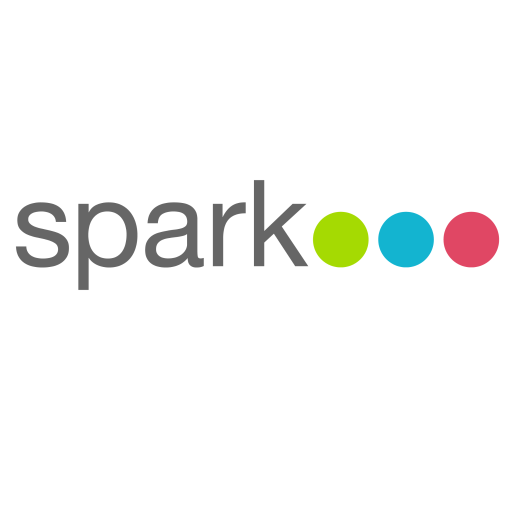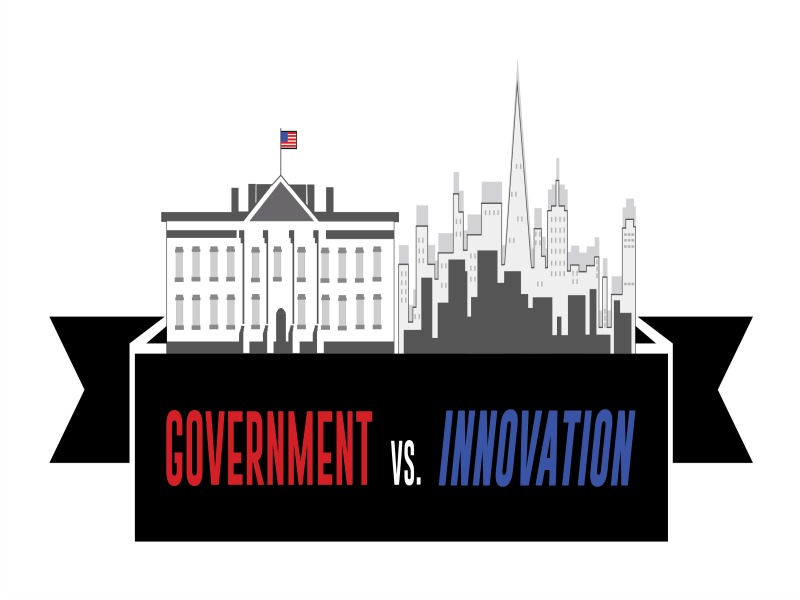Sparkpr 17 Dec 2014 // 2:44PM GMT

I'm always fascinated at how technology is altering humanity and the way we communicate. Without a doubt, technology has made the world smaller, brought people closer together, made us better informed and more accessible. It has become a vital part of daily existence.
To wit, a 2011 Commerce Department study showed that 96% of working Americans use new communications technologies as part of their daily life, while 62% use the Internet as an integral part of their jobs. That was back in 2011, which is like 15 Internet-years ago. I’m sure the numbers have increased since then.
But there’s a dark side to technology: heavy use can also make people more distant, oblivious to the world around them and overly reliant. Constant access to information makes us expect instant gratification, shortens our attention spans, and breaks down the intricacies of human social interaction. We've become an ultra-productive, heads-down, perpetually-wired society whose “voice” has become constrained to 140-characters. We use technology to push the envelope on human productivity, and to improve our daily lives – as individuals. In doing so, we’ve become insular – voiceless -- and that has me worried.
On the other hand, there's another group of Americans that seem to have it worse – but for the opposite reason. If too much access is causing the techno-elite to lose their voice, the lack of access is widening the digital divide.
According to a 2013 Pew Research survey, only 70% of Americans have broadband connections at home, with notable disparities based on education (90% with college degrees; 28% with no high school diploma), income (91% with $75,000+ annual income vs. 52% under $30,000), location, race, age and more. A separate Pew survey also found that 15% of Americans have no access to the Internet at home.
Mobile phones appear to narrow the digital divide, according to the NTIA, but the lack of broadband access at home puts these households at a disadvantage. The Commerce Dept. survey concluded that high-speed Internet access and online skills are necessary for seeking, applying for, and securing today’s jobs, but also for capitalizing on the growing educational, civic, and health care advances spurred by broadband. Without access to information, and the skills to harness it, this end of the societal spectrum is also in danger of losing its voice and falling behind.
Nowhere will that disparity become more evident than in the workplace and halls of academia. Fast forward another decade or so and advanced tech literacy will be assumed, and social mobility and economic growth will depend on it. Given the trajectory we're on, the digital divide is only going to get worse, not better, in spite of technological advances.
In order to close the gap and improve our society as a whole, we don’t need faster or more technology. We need visionaries with voices, from both sides of the techo-economic spectrum, to speak out about how the digital divide is weakening our country. Entrepreneurs, venture capitalists and captains of industry need to tackle larger economic issues and have more meaningful impact on our society – such as improving broadband access and infrastructure -- as opposed to selling new widgets that will keep us riveted to our small screens and inured to the world around us.
At the same time, we need to invest in technology for the classrooms – especially in low-income or rural areas where home broadband penetration is low – to increase digital literacy. Buying the latest smartphone and interacting via mobile and social media channels, is not leveraging technology to its fullest potential. Instead, teachers should raise their voices to mandate an Hour Of Code (http://code.org/educate/hoc) or implement MOOCs (massive open online courses) in school, or establish the equivalent of "common core" skills for surviving the real world and operating real-world technologies.
With a little determination and a lot of loud voices we can get in front of this issue. Post that to your social networks, America.
Donna Burke is co-founder and managing partner at Sparkpr.


































.jpg)














